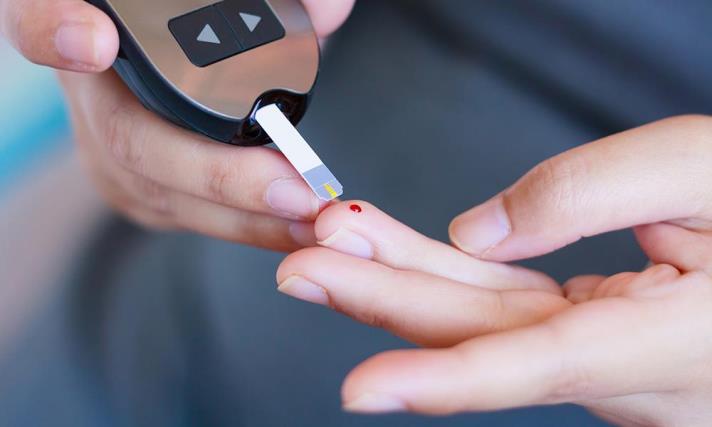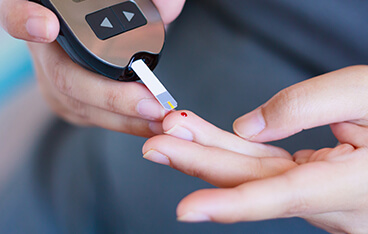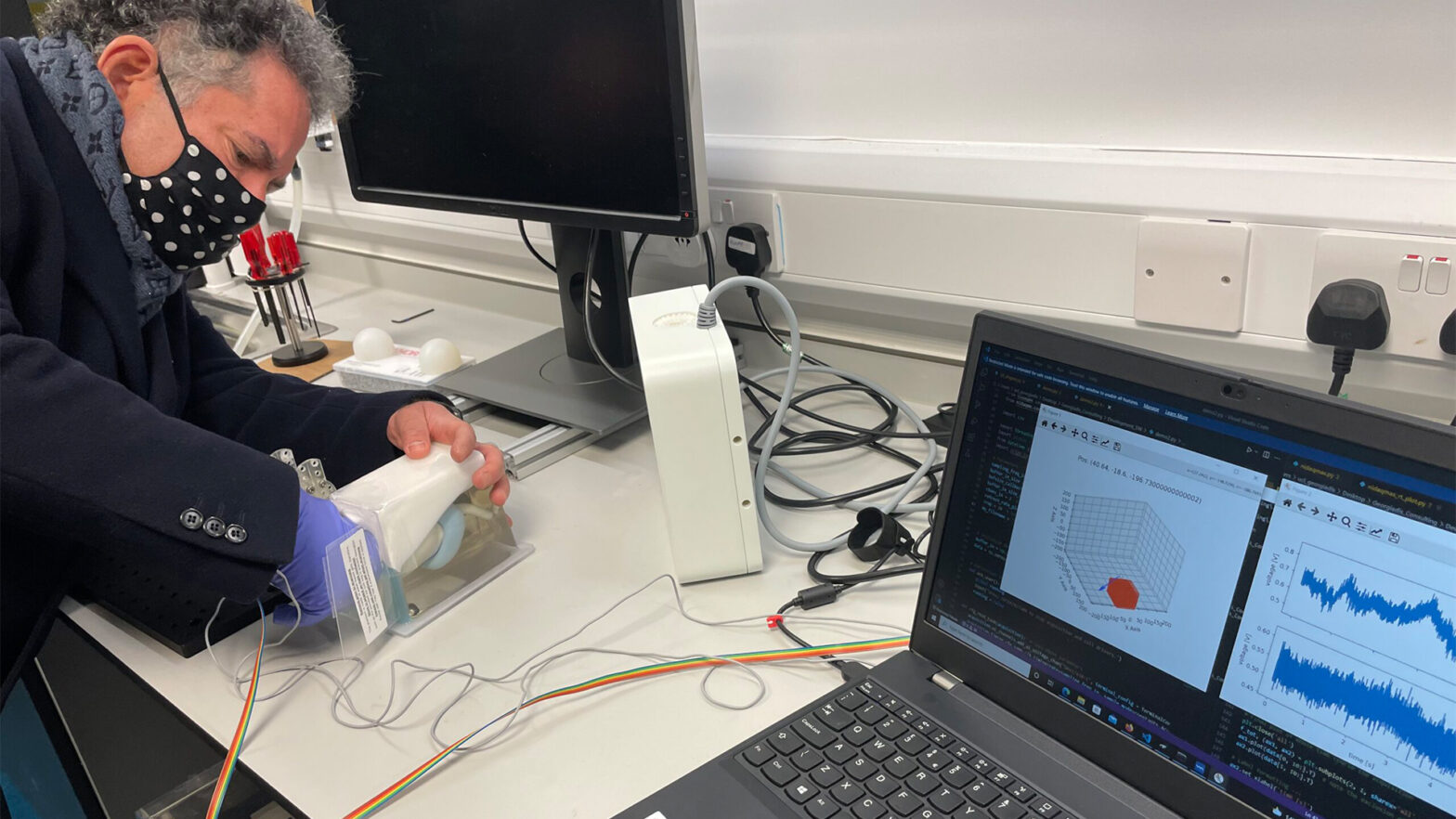
Using digital health tools to tackle Type 2 diabetes and drive better patient outcomes and efficiency
By: Simon Pickup, UK managing director at Liva Healthcare, the digital health platform
Type 2 diabetes is a vast, and growing, health problem for the UK. Almost 3.7m people have been diagnosed with diabetes in the UK, 90% which have Type 2 diabetes. Worryingly, if the current trend persists, over five million people, will have diabetes by 2025 [2]. These figures can’t be ignored – there are significant health consequences with this condition. It’s a major contributor to vision loss, lower limb amputation, kidney failure and heart attacks. But what can be done to fight this disease?
Tackling the root cause: unhealthy lifestyles leading to obesity
Health services for a long time have relied on traditional, medicine-based treatments for Type 2 diabetes. However, these solutions are no longer enough to tackle the long-term health crisis the UK is facing. In order to reduce the number of people being diagnosed with Type 2 diabetes, we need to address the common root cause ‘ unhealthy lifestyle which leads to obesity.
According to pharmaceutical company, Novo Nordisk, globally obesity levels must come down by 25% to prevent Type 2 diabetes increasing above 10% (currently 9% of the global population has Type 2 diabetes). In the UK, to stabilise Type 2 diabetes rates at its current rate of 10.2%, the rate of obesity must decrease from 32% to 24% [2].
We now have a wealth of research pointing to the fact that Type 2 diabetes can be prevented, and in some cases even reversed, with simple lifestyle changes to diet and exercise. For example, in one study [3] patients with Type 2 diabetes were given either standard care of counselling and medical therapy or were subjected to a lifestyle intervention programme comprising of a dietary plan and regular exercise each week. Over the 12-month period, 73.5% of participants receiving lifestyle interventions were able to reduce their drug intake, compared with just 26.4% of the standard group. What’s more, over half (56.4%) of those in the lifestyle changes group discontinued their medication altogether, compared to 14.7% of the standard care group.
Implementing lifestyle changes on a mass scale
The challenge is that medication as an intervention is easily scaled up and distributed. All it requires is for the patients to remember to take it. Encouraging lifestyle interventions is a far harder task. For patients, improving their diet and exercise requires time, dedication and continuous daily changes in order to form new, lasting habits. Furthermore, achieving weight loss is one thing, maintaining it is a whole other challenge. For doctors, it is incredibly difficult to monitor whether someone is adhering to recommended lifestyle changes. As such, whilst lifestyle changes may be optimal, they haven’t always been a realistic option, which has led to a dependence on medication to treat the lifestyle disease.
To tackle this challenge and make lifestyle interventions more accessible to people, healthcare professionals have started to use technology as an enabler. E-health studies have clinically proven that digital health tools, such as apps, can be used to help people make and maintain lifestyle changes and tackle Type 2 diabetes. One way in which this has been particularly effective is when the technology is combined with a physical health professional. A hybrid model of care. Patients can, for example, be given an app which connects them to a personal health coach. The health coach works with the patient to set a personalised plan to make lifestyle changes. Through the app the patient can then track their progress by logging metrics such as their food intake, physical activity levels, sleep, water intake, blood sugar levels and tobacco use. The health coach can oversee the patients’ progress and have video and text consultations to keep the individual on track to reaching their goals.
Driving efficiency and patient outcomes
A significant advantage of using digital health tools is to drive efficiency and save costs. The NHS currently spends £10 billion a year treating diabetes ‘ nearly 10% of the health service’s entire budget. [4] Given the huge cost implication of diabetes, and the fact that the number of people suffering from the condition is rising, digital health tools can help drive better patient outcomes at a lower cost.
Digital health tools enable more patients to be handled with less resources. Research has shown that a health coach could monitor up to 500 patients without impacting patient outcomes [5]. What’s more, Type 2 diabetes isn’t the only disease that is influenced by lifestyle factors. Other chronic diseases such as obesity and heart disease also can be treated in the same way and therefore digital health tools can be configured to help treat multiple chronic diseases at once. Again, driving efficiency.
For patients, the benefits are vast. Making lifestyle changes means preventing the onset, halting the development of or reversing the chronic disease ‘ therefore preventing a life of medication. By having a personal coach in the palm of their hand, patients are more likely to stick to the lifestyle changes than if left alone. Research has shown having a trusted relationship with a personal health coach leads to a better patient experience with lifestyle changes leading to weight loss and an overall improved quality of life. Ultimately technology can be used to combine a strong human relationship with behavioural change theory using state of the art technology.
How health & pharma can benefit from digital health tools
Initiatives have already been set up to trial digital health tools in the UK. The NHS last year launched its Healthier You: NHS Diabetes Prevention Programme. On this programme over 5,000 patients are expected to benefit as five different technology companies (including Liva Healthcare) provide digital health interventions. The digital pilot is testing a range of apps, gadgets, wristbands and other innovative digital products to see their impact on people at risk of developing Type 2 diabetes. The hope is that the programme will be rolled out nationally after the pilot to help drive healthcare efficiency and patient outcomes.
Digital health tools aren’t just of use to the NHS however. Where medication is crucial to treat an illness or disease, pharma companies can use digital health tools to help their patients with their medication programme and prevent dropout rates. For example, a personal health coach can offer support and encouragement to a patient who is suffering from medication side effects to help keep them on track. In addition, digital tools can be helpful in preventing patients from forgetting to take their pills or preventing patients stopping their drug regime completely after showing initial improvements in their symptoms.
For insurance companies, digital health tools can be used to help prevent customers from acquiring an illness in the first place, reducing the number of claims. In addition, if a customer already has a lifestyle disease, digital health tools can be used to halt the progression and therefore prevent future pay outs, ultimately creating huge savings for insurance firms.
A brighter future
The evidence is clear ‘ we need to be innovative in our response to lifestyle diseases such as Type 2 diabetes. The prevalence of the condition is continuing to rise and we need to tackle the root cause ‘ unhealthy lifestyles which leads to obesity. The challenge for health services is implementing this on a mass scale. However, technology can be the answer here. Digital health tools have the power to connect patients with health coaches who can guide and monitor a patient’s progress in making lifestyle changes ‘ something that is notoriously difficult to implement on an individual basis. The evidence shows this technology-human combination is powerful, and more effective than just technology alone when used to promote lasting lifestyle changes. By using these tools, health services can drive better patient outcomes at a lower cost by preventing the onset of Type 2 diabetes and treating more patients at once.
Sources:
1 – https://www.diabetes.org.uk/professionals/position-statements-reports/statistics
2 – http://www.novonordisk.co.uk/about-novo-nordisk-in-uk/changing-diabetes.html
3 – Johansen, M. Y., MacDonald, C. S., Hansen, K. B., Karstoft, K., Christensen, R., Pedersen, M., & Iepsen, U. W. (2017). Effect of an intensive lifestyle intervention on glycemic control in patients with type 2 diabetes: a randomized clinical trial.Jama, 318(7), 637-646.
4 – http://diabetestimes.co.uk/diabetes-nhs-costs-could-hit-17-billion/
5 ‘ Liva Healthcare, ‘Best Practice Guidelines’ 2017



















